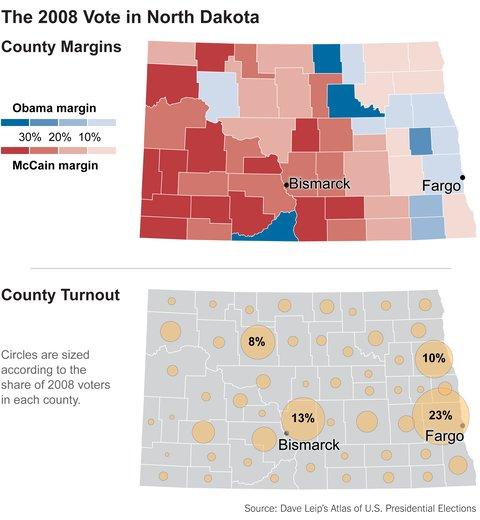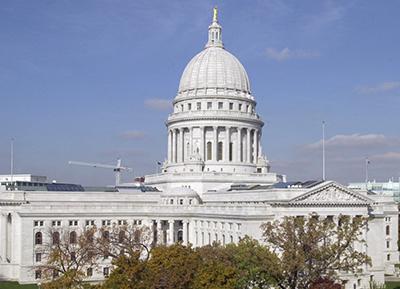In the political chess game of Carson City, Nevada’s Republican Governor Joe Lombardo has made a move that has left both allies and opponents scratching their heads. After personally advocating for a voter identification bill as part of a nuanced compromise with Democratic legislators, Lombardo unexpectedly wielded his veto power, sending the very legislation he championed back to the drawing board. This surprising twist in the state’s electoral drama reveals the complex and often unpredictable nature of political negotiations, where today’s passionate proposal can become tomorrow’s discarded draft. In a surprising turn of events, Nevada’s Republican Governor Joe Lombardo has vetoed a voter identification bill that he previously advocated for during legislative negotiations with Democrats. The veto highlights the complex political maneuvering surrounding election integrity and voting rights in the Silver State.
The proposed legislation,which would have required voters to present identification at polling places,was initially part of a broader compromise between Republican and Democratic lawmakers. Lombardo had initially championed the bill as a means to enhance election security, positioning it as a key reform to address voter confidence.
Though,the governor’s last-minute rejection underscores the delicate balance of political expectations and practical implementation. Sources close to the governor’s office suggest that the specific language and potential implementation challenges ultimately led to the veto.
Democratic legislators expressed frustration with the move, arguing that the governor’s action undermines the carefully crafted bipartisan agreement. The bill had gone through multiple iterations and rounds of negotiations, making the veto especially unexpected.
Election experts have long debated the impact of voter ID requirements, with proponents arguing they prevent potential fraud and opponents claiming such laws can disproportionately affect minority and low-income voters. Lombardo’s veto adds another layer of complexity to this ongoing national discourse.
The political landscape in Nevada remains volatile,with this decision perhaps signaling broader shifts in election policy approaches.Local political analysts suggest the move could have significant implications for future election reform discussions in the state.
Interestingly, the veto comes at a time when voter identification laws are receiving increased scrutiny nationwide. Several states have been re-examining their approach to voter verification, balancing concerns about election integrity with accessibility.
Legal experts are now examining the potential next steps, including the possibility of legislative override or further amendments to the proposed bill. The governor’s office has indicated that while the current version was rejected, they remain open to option approaches that address election security concerns.
The unexpected veto highlights the intricate nature of political negotiations and the challenges of crafting extensive election legislation. It serves as a reminder that even seemingly straightforward policy proposals can encounter significant obstacles during the final stages of approval.
As Nevada continues to navigate its electoral reform landscape, this incident underscores the ongoing complexity of achieving consensus on voting policies in a politically divided habitat.





